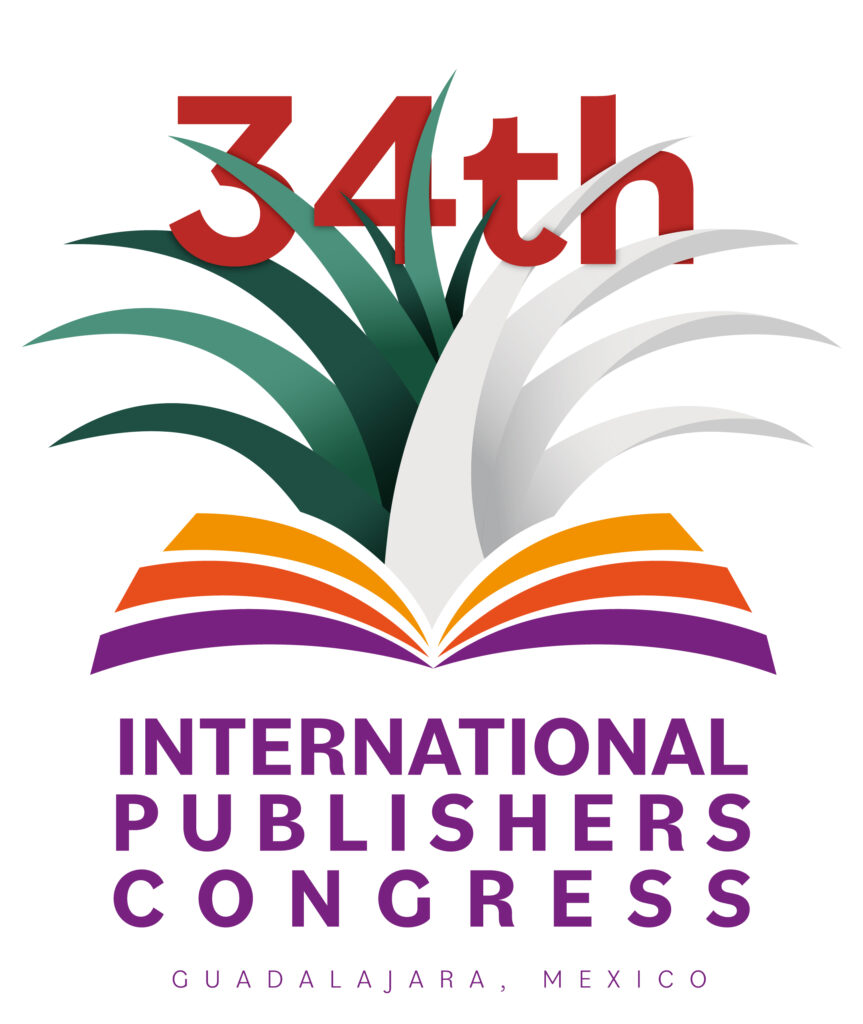Fernando Guedes, president of the International Publishers Association from 1992 to 1996, writes the following in his book about the first century of the IPA:
“The last decade of the 19th century was particularly rich in political, scientific, and cultural events.”
“The Eiffel Tower, built in 1889 in Paris, was a sort of prodigious foretaste of the innumerable marvels that science and technology were to bring to mankind’s daily life all over the world: electricity, the steam turbine, the telephone, the phonograph and the movie projector, radio-technology, diesel and petrol engines, and aviation.”
During those first Olympic games of the modern era, 14 countries and 241 athletes participated, all of them men. This year, in Paris, there was a participation of more than 10,000 athletes from more than 200 countries, in a practically gender equal composition: 51% men and 49% women. Magnificent progress.
That same year, 1896, on June 15th, the International Publishers Congress, which would later transform into the International Publishers Association, was established. This first congress was held in Paris, under the presidency of the French publisher Georges Masson.
Approximately 200 publishers registered for the congress. Unfortunately, I don’t have the exact data, but I suspect that the vast majority were men.
128 years later, the International Publishers Congress comes to Guadalajara, Mexico, where we expect some 300 delegates from all over the world, with practically equal participation between men and women.
Within the framework of the extraordinary Guadalajara International Book Fair, the FIL, we will have two full days of panels, keynote speeches, reflections and discussions about the future of the global publishing industry.
We’re inviting participants to visit the Book Fair’s Professional Days, Monday, December 2nd and Tuesday, December 3rd. On Tuesday 3rd, the congress activity will begin with a welcome cocktail at the main venue hotel, the Grand Fiesta Americana Guadalajara Country Club.
On Wednesday 4th and Thursday 5th, we will have two intense days of reflection around our industry, at the wonderful Santander Performing Arts Complex, courtesy of the University of Guadalajara. We will discuss copyright, the trinity of freedoms: of expression, to publish, and to read; the United Nations Sustainable Development Goals and how the publishing industry is committed to achieving them.
We will talk about artificial intelligence and the ethical and legal dilemmas that it entails, about accessible publications for people with visual disabilities, and new generations of publishers.
We will also discuss educational books, about how the best results in education occur when there is close collaboration between educational authorities, teachers and publishers, to produce the best books and educational resources for the full development of students.
Nowhere in the world has the single textbook scheme, published by the government, worked. It is only seen in countries with dictatorial governments, such as North Korea, Cuba and Venezuela.
Even in China, which is officially still communist, there is an offer between different textbooks for all school levels.
The best educational results are achieved when there is active participation of the publishing industry in the generation of educational resources. You only need to look at the results of the PISA test.
We will have a panel on the Ljubljana Manifesto, which has established, on scientific basis, that reading is essential to develop critical thinking as the foundation of a functional democracy.
On 4 December, there will be a gala dinner, where we will recognize the winner of this year’s prestigious Prix Voltaire. This year’s shortlist includes publishers from Turkey, Serbia, Russia, Belarus, and Palestine. Two of them are in prison, one sentenced to life imprisonment, due to the type of books they published, considered offensive to the government of their country.
We will have keynote lectures by the renowned Mexican historian, author and publisher Enrique Krauze, by the Deputy Secretary General of the United Nations, Melissa Fleming, a videoconference by the Nobel Peace Prize winner, and Oleksandra Matviychuk, from Ukraine, on freedoms in a country mired in a senseless war, such as actually all wars are.
The publishing industry is no stranger to the global problems we face. We offer solutions to the educational and cultural challenges of each country. Through books we learn, we dream, we understand the world we live in. We develop empathy and critical thinking. A healthy and vibrant publishing industry is essential for the educational, cultural and economic development of any country. Mexican publishers are willing to contribute. We just need to be allowed to participate.

